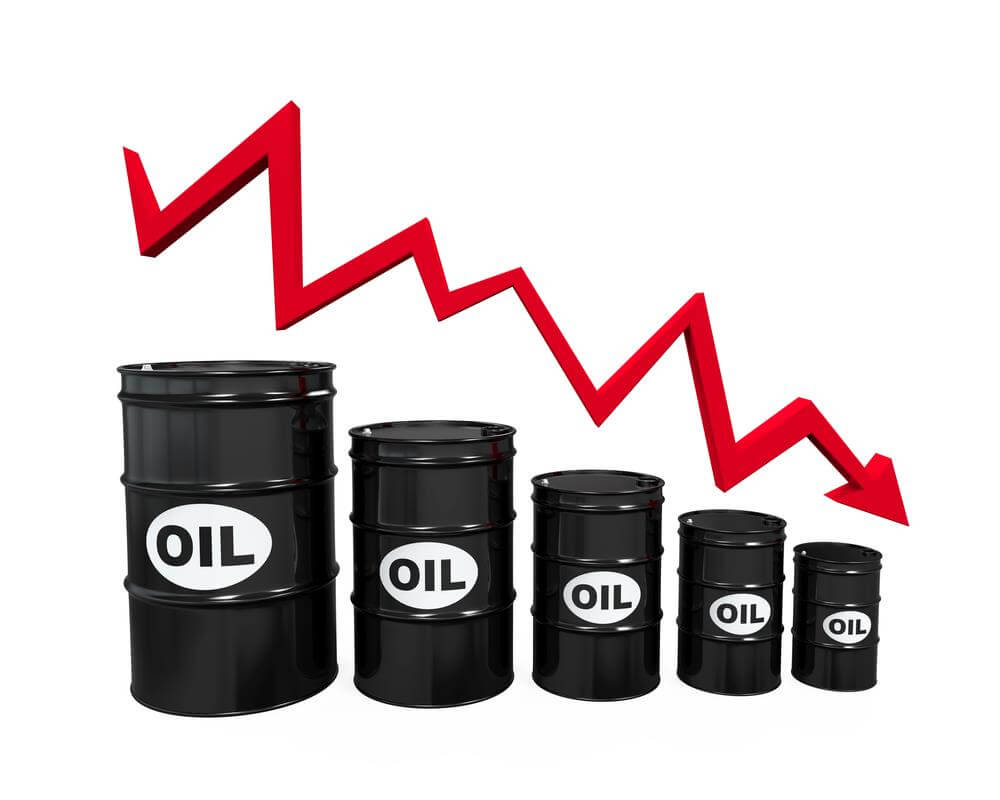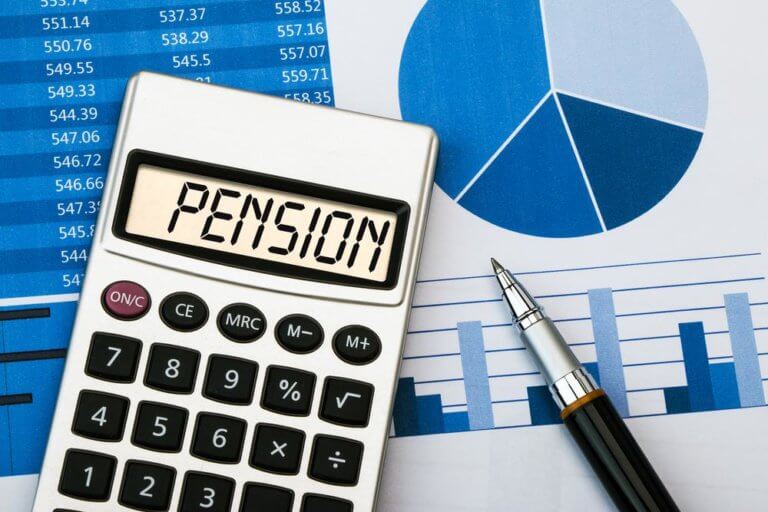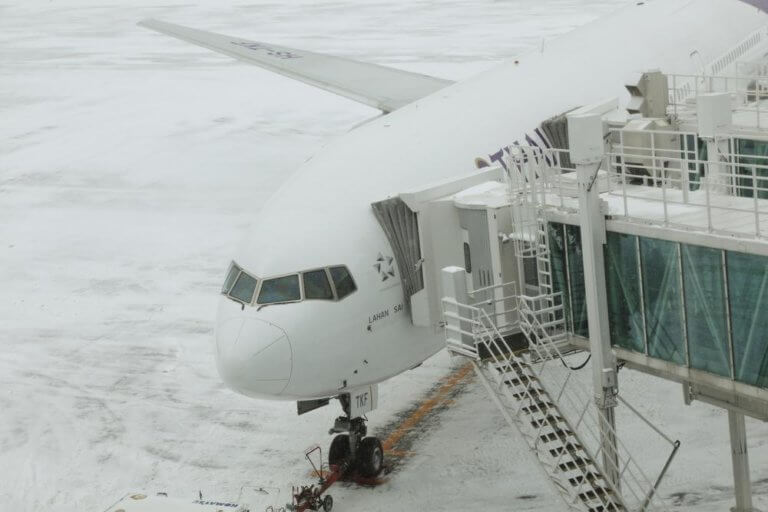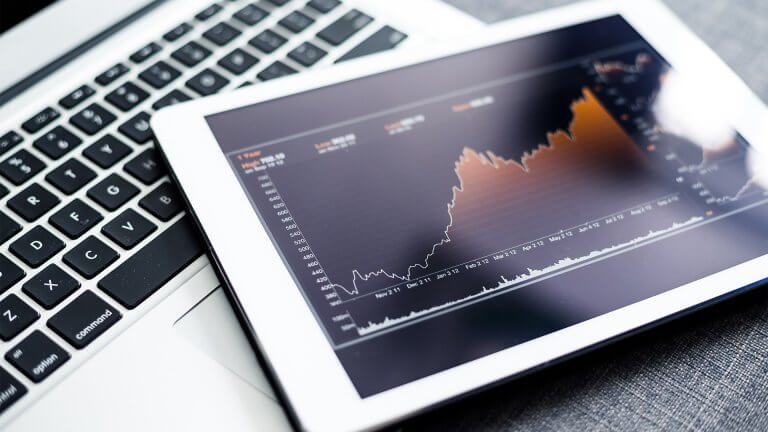Topping the list of political risks facing emerging market investors is the increasing instability in already-fragile oil producing countries such as Iran, Iraq, Libya, Russia and Venezuela as a consequence of the low oil price. The effectiveness of extremist groups in the Middle East & Africa will be amplified in afflicted countries that lack the resilience to absorb economic shocks.
The map illustrates that 2015 will be a particularly challenging year for oil producers in the Middle East and Africa several of which already have High or Very High country risk ratings. Egypt, Tunisia and Morocco, which should otherwise stand to benefit from cheaper oil imports, face increased security risks because of the power vacuums in Iraq, Libya and Syria.
The low oil price continues to cast an economic shadow over the CIS region, particularly for Russia’s larger regional trading partners such as Belarus and Kazakhstan.
Matthew Shires, Head of Political Risk said “By using the latest data and analytics, the political risk map helps organisations determine their emerging market investment strategies. Businesses need to constantly monitor their exposure to political risk such as the impact of oil price uncertainty and political instability. The Aon Political Risk Map allows our clients to do exactly that.”
Paul Domjan, Managing Director, Roubini Country Insights, said “Roubini Global Economics is proud to continue its partnership with Aon for its clients. During 2014 political risks in the emerging markets rose, particularly in oil exporting regions. The quarterly updates to the risk icon scores and the country ratings highlight developing risk-trends, allowing investors to respond quickly to deterioration and to better hedge their exposure or take advantage of new opportunities. Once again, the map demonstrates the power of combining RGE’s country analysis and benchmarking with Aon’s expertise in country risk.”
























